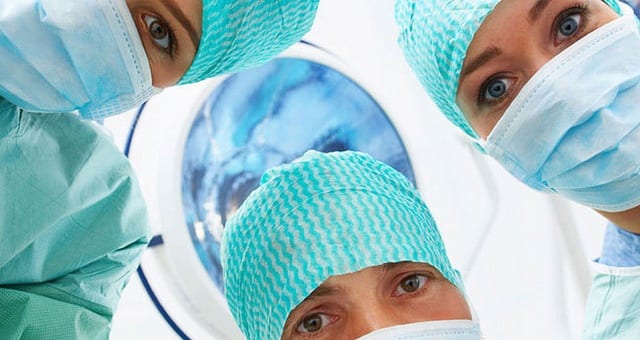Health IT Trends that will Fundamentally Change the Game in 2015

 Image by Brogan & Partners used under CC license.
Image by Brogan & Partners used under CC license.
Remember watching the cartoon The Jetsons as a kid and marveling at all of the futuristic technologies and the way life was projected to be in the future? Well, for those of us old enough to remember George, Jane his wife, daughter Judy, his boy Elroy and, of course, Astro (the dog), that future is now. In the past few decades, we’ve seen the advent and evolution of “smart” phones, televisions, tablets and personal computers, household appliances, cars and wearable devices—all of which have had a significant impact on our lives, making them simpler, easier, and like a scene out of The Jetsons.
Yet, while technology has long been a conversation piece in healthcare, industry adoption and effective utilization has lagged behind all of its fellow cohorts. However, according to a recently released Accenture report, Healthcare Technology Vision 2015, those in healthcare that don’t adapt do so at their own peril because healthcare is no longer for the technology averse. Embracing technology in healthcare can lead to better patient engagement and outcomes, enable personalized medicine, and improve the overall quality of care—in a nutshell, it is critical for patients to better engage and manage their own care, and vital to the business success of payers and providers.
The Accenture report outlines five (5) key trends will shape the industry in the coming year and play a major role in advancing healthcare: The Internet of Me, Outcome Economy, Platform (R)evolution, Intelligent Enterprise and Workforce Reimagined. These trends aim to demonstrate that digital is dramatically influencing the healthcare industry today, and it will continue to do so for decades to come.
The “Internet of me” trend can be thought of as personalized medicine. Healthcare organizations investing in this area are already seeing good returns/results: 73 percent of health execs surveyed say they’ve seen ROI after investments in personalization technologies.
The “outcome economy” is all about…well, outcomes. More specifically, patient outcomes. Today’s technology brings with it new intelligence that is better than anything previously seen in healthcare and gives consumers and physicians (as well as hospitals and payers) access to information and medical services to help all involved make more informed decisions about care which will, ultimately, positively impact the quality of patient care. In other words, according to the report, “it’s about delivering results.”
The concept of the “intelligent enterprise” refers to a “data explosion” that will lead to tremendous clinical outcomes opportunities. It’s hard to avoid the concept of big data in any industry, and we are seeing it play a bigger role in healthcare every day. In fact, 41 percent of healthcare executives say the data volume in their organizations has increased by 50 percent in the past year. So what does this mean? According to the Accenture report, this will turn into an EMR including a “lifetime’s worth of data” which can be used for a wide variety of things ranging from regularly predicting ER visits to a consumer taking a photo of a skin rash and receiving a diagnosis in no time at all.
The last trend is the “workforce re-imagined.” Think digital self-scheduling, sharing your own electronic medical record, sharing training and therapy routines and connecting with physicians via social platforms. According to data in the report, 66 percent of health systems in the U.S. will have self-scheduling by the start of 2020. And nearly half of health execs strongly agree that within three years, they’ll need to focus on training machines just as much as training employees.
At PAN Communications our healthcare team is working with clients that are involved in all aspects—to varying degrees—of these trends and working closely with them to help not only tell their story but position them in a way that is understandable to all constituents across the healthcare spectrum and differentiated from the masses that are now playing the health IT arms race. We’d love to help you do the same!
It’s an amazing world in which we now live, especially for health professionals, and it’s changing every day with new advancements and innovations. So much so that we are starting to make the Jetsons look like the Flintstones.